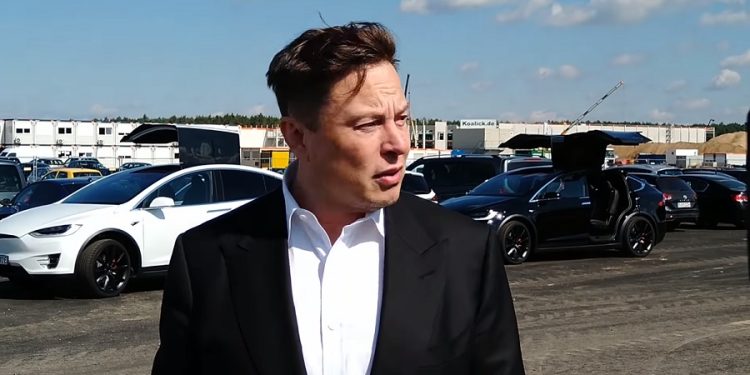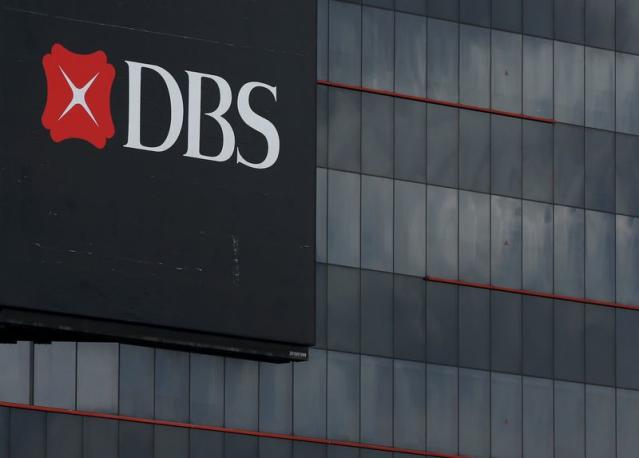Tesla CEO Elon Musk has secured shareholder approval for his controversial $56 billion pay package, cementing one of the most lucrative compensation deals in corporate history. The decision comes after months of intense debate among investors, analysts, and corporate governance experts.
The approval was confirmed during Tesla’s annual shareholder meeting, where a significant majority voted in favor of the compensation plan. This package, initially proposed in 2018, ties Musk’s earnings to Tesla’s performance, with milestones based on the company’s market capitalization and operational achievements.
Elon Musk expressed gratitude towards the shareholders for their confidence in his leadership and vision for Tesla. “I’m deeply appreciative of the support from our investors. This package is a reflection of the ambitious goals we’ve set for Tesla, and I’m committed to pushing the boundaries of innovation and sustainability in the automotive industry,” Musk said.
)
The pay package is structured around a series of performance milestones, with Musk receiving stock options in 12 tranches, each tied to specific targets related to Tesla’s market cap, revenue, and earnings. To unlock the full $56 billion, Tesla must achieve a market capitalization of $650 billion and substantial growth in other financial metrics. Each tranche unlocks progressively as these benchmarks are met, ensuring Musk’s compensation is directly linked to the company’s success.
Proponents of the pay package argue that it aligns Musk’s interests with those of Tesla’s shareholders, driving long-term growth and innovation. “Elon’s vision and leadership have been instrumental in Tesla’s remarkable rise. This compensation plan incentivizes him to continue delivering exceptional results,” said Gene Munster, managing partner at Loup Ventures.
However, the package has also faced criticism for its sheer size and the precedent it sets. Critics argue that such an extravagant compensation deal exacerbates income inequality and sets an unrealistic benchmark for executive pay. “This package is excessive by any standard. It’s important for companies to balance rewarding their leaders with ensuring fairness and sustainability in executive compensation,” remarked Nell Minow, a corporate governance expert.
The approval comes at a time when Tesla is riding high on its recent successes. The company has continued to expand its global footprint, ramping up production, and rolling out new models like the highly anticipated Cybertruck. Tesla’s stock has also performed robustly, contributing to its market valuation soaring past $800 billion earlier this year, though it has faced fluctuations in response to broader market dynamics.
In response to the approval, Tesla has reiterated its commitment to transparency and accountability. The company has promised regular updates on its progress towards the milestones outlined in Musk’s pay package, ensuring shareholders are informed about the company’s trajectory and performance.
The vote’s outcome underscores the strong support Musk commands among Tesla’s investors, many of whom believe in his long-term vision for the company and its potential to revolutionize the automotive and energy sectors. Despite the controversies, Musk remains a central figure in Tesla’s ongoing story, driving the company towards ambitious goals in sustainability and innovation.
As Tesla continues to navigate the challenges and opportunities ahead, the focus will be on meeting the ambitious targets set out in Musk’s pay package. The coming years will reveal whether this bold compensation strategy will propel Tesla to new heights, solidifying its position as a leader in the global transition to sustainable energy.












